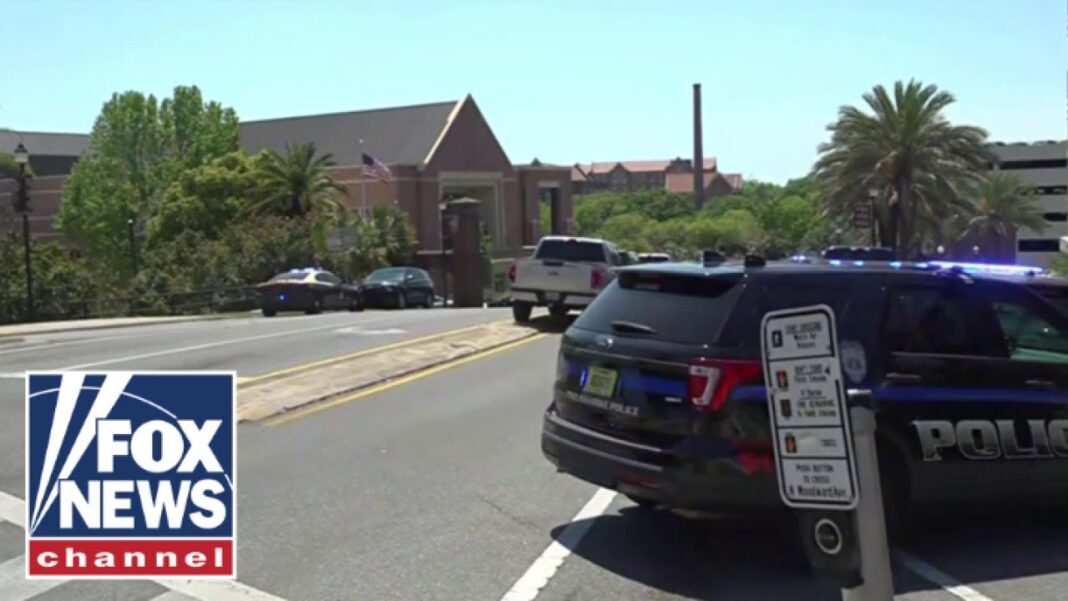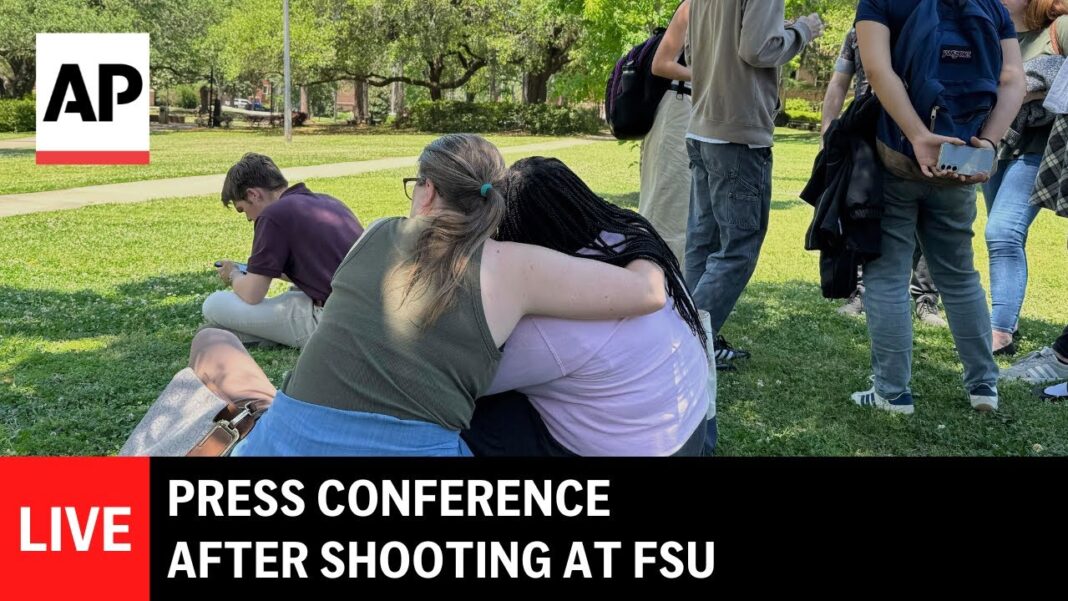Three district courts previously issued separate orders blocking Trump’s policy.
The Supreme Court on April 17 left in place lower court orders blocking President Donald Trump’s policy of limiting birthright citizenship for certain individuals and scheduled oral argument in the case for next month.
The new order states that the nation’s highest court will hear the case on May 15. No justices dissented from the order.
It is unusual for the Supreme Court to hear an oral argument in May, just weeks before it begins its summer recess.
The justices will actually hear three separate cases on the matter at once. They are Trump v. CASA Inc., Trump v. Washington, and Trump v. New Jersey. All three cases were appealed to the Supreme Court on March 13.
Trump’s Executive Order 14160, signed on Jan. 20, states that “the Fourteenth Amendment has never been interpreted to extend citizenship universally to everyone born within the United States.”
In filings for the three appeals, the Department of Justice did not ask the Supreme Court to rule on the constitutionality of the executive order itself, although it acknowledged that the birthright citizenship question raises “important constitutional questions with major ramifications for securing the border.”
Instead, the department made what it called a “modest” request.
“While the parties litigate weighty questions, the Court should ‘restrict the scope’ of multiple preliminary injunctions that ‘purport to cover every person … in the country,’ limiting those injunctions to parties actually within the courts’ power,” it wrote.
According to Trump’s executive order, an individual born in the United States is not “subject to the jurisdiction thereof” if that person’s mother was unlawfully present in the country and the individual’s father was not a U.S. citizen or lawful permanent resident at the time of the person’s birth.
It also states that the privilege of U.S. citizenship does not apply to an individual whose mother’s presence was lawful but temporary and whose father was neither a citizen nor a lawful permanent resident at the time of that individual’s birth.
The executive order prompted debate over the meaning of the 14th Amendment’s citizenship clause, which states, “All persons born or naturalized in the United States, and subject to the jurisdiction thereof, are citizens of the United States and of the State wherein they reside.”
By Sam Dorman and Matthew Vadum








